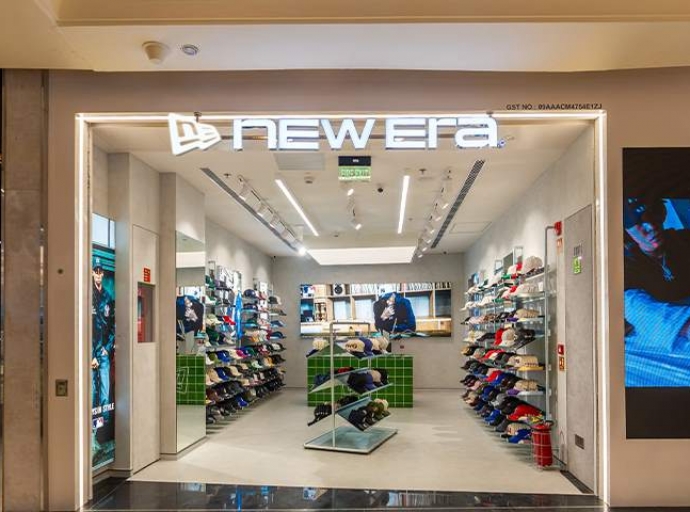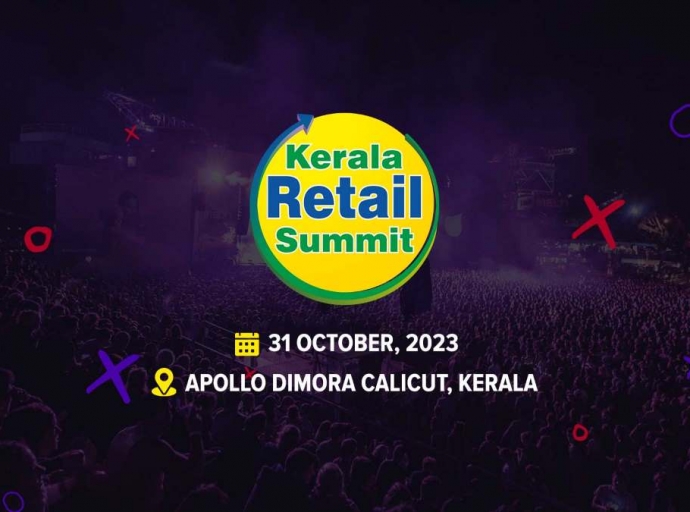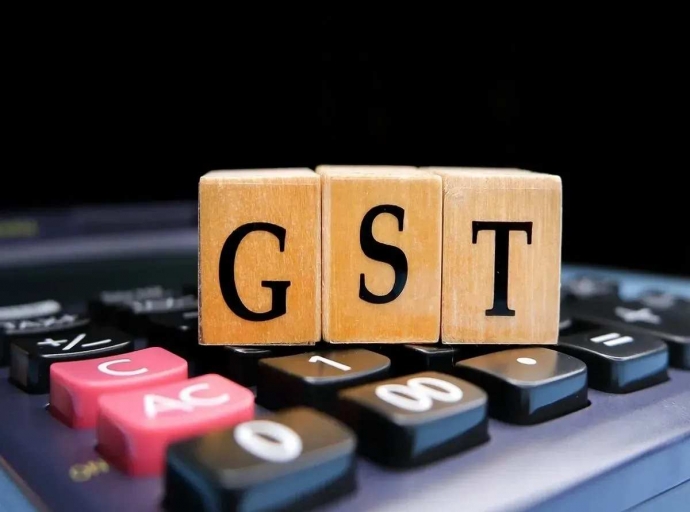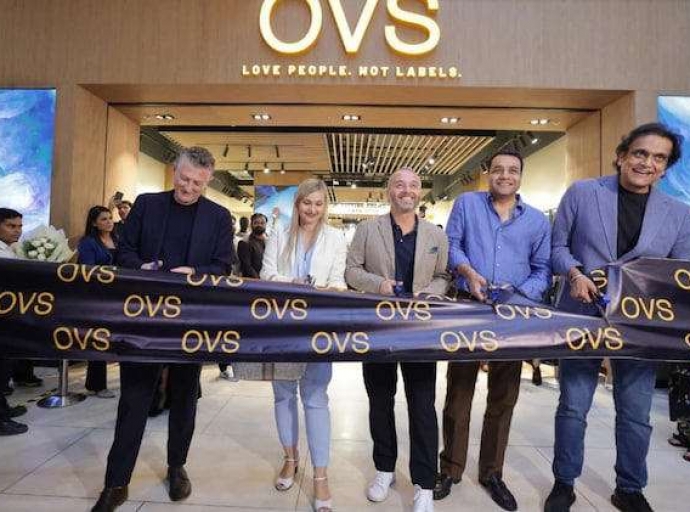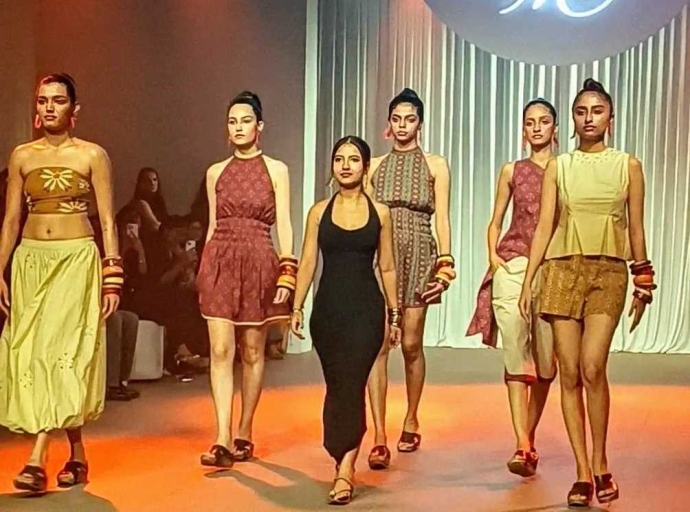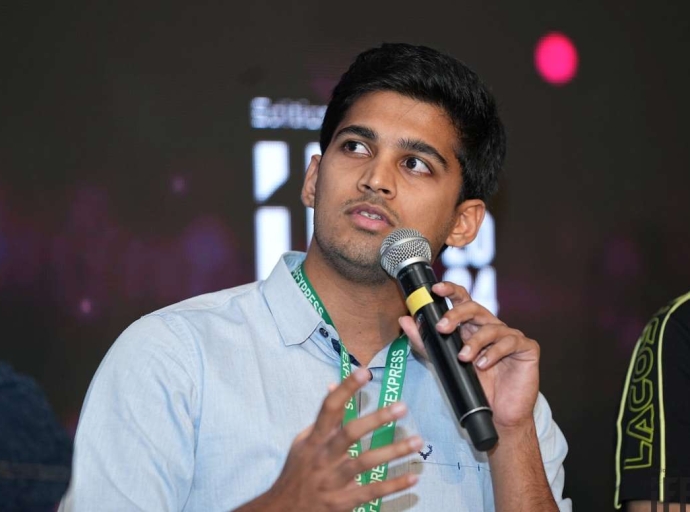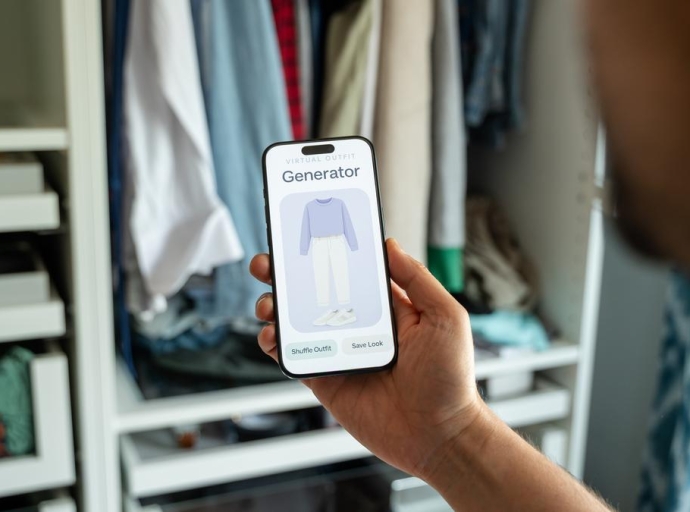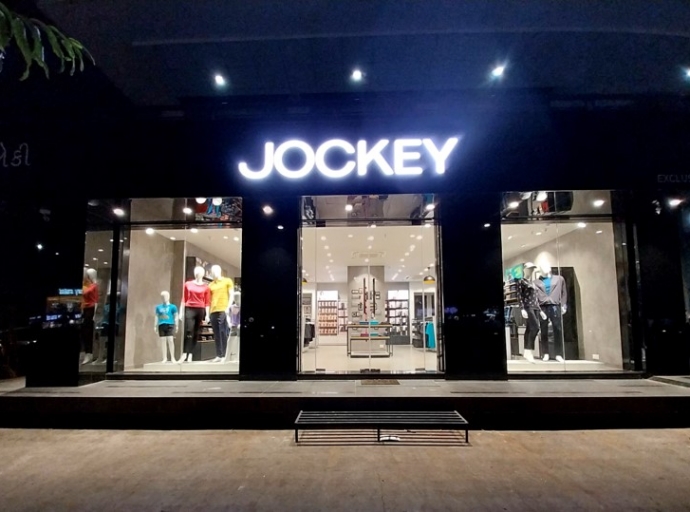This Diwali, the sparkle of festive lights is mirrored in the gleam of India’s shopfronts and marketplaces. With the Confederation of All India Traders (CAIT) projecting record-breaking festive sales exceeding Rs 4.75 lakh crore, India’s retail sector is witnessing one of its most resplendent seasons in recent memory.
The swell, traders say, is more than a post-pandemic rebound it’s a cultural and economic reaffirmation of the ‘Vocal for Local’ ethos that’s reshaping consumer behaviour across the country.
Refer
The new festive economy with a swadeshi touch
For decades, Diwali has been India’s retail barometer a reflection of both consumer confidence and broader economic sentiment. But 2025 stands out. As per CAIT, sales are up nearly 17 per cent year-on-year, pushed up primarily by strong consumer preference for Indian-made products, from artisanal diyas and sweets to homegrown fashion labels and regional handlooms.
Table: Festive retail indicators (Diwali 2025)
|
Indicator
|
2024
|
2025
|
% Change
|
|
Total Retail Sales (Rs lakh crore)
|
4.05
|
4.75
|
+17.3%
|
|
Apparel & Textiles Share (%)
|
10.5
|
12
|
+14.3%
|
|
Offline Retail Share (%)
|
70
|
75
|
+7.1%
|
|
Avg. Consumer Spend per Household (₹)
|
14,500
|
16,900
|
+16.5%
|
|
GST-Driven Price Reduction (avg)
|
—
|
5–10%
|
—
|
SUSTAINABILITY
“The Indian consumer has spoken, Diwali is no longer just about celebration, it’s about contribution,” says Praveen Khandelwal, Secretary General of CAIT. “This year’s record numbers reflect not just spending power, but pride in supporting local enterprises.” This cultural shift toward swadeshi retailing has lifted categories long overshadowed by imported or mass-produced goods. Particularly, apparel and textiles contributing nearly 12 per cent of total festive expenditure have emerged as the star performers.
Fashion Guru
The rise of swadeshi apparel
The festive wardrobe is where tradition meets consumer sentiment. Shoppers are not merely buying garments; they’re buying stories of craftsmanship from Surat’s textile mills, Ludhiana’s knitwear units, and Tirupur’s cotton clusters.
A look at the data compiled by the Textile Ministry and industry trackers.
Join our group
Table: Textile hub estimated Diwali performance
|
Textile hub
|
Product focus
|
Estimated diwali output growth (YoY)
|
Trends
|
|
Surat
|
Sarees, festive fabrics
|
+18%
|
Increase in embroidered and zari work fabrics
|
|
Ludhiana
|
Woollens, festive knits
|
+14%
|
Demand for Indo-western fusion wear
|
|
Tirupur
|
Cotton & casual wear
|
+16%
|
Festive-themed T-shirts and family wear lines
|
|
Varanasi
|
Handloom silks
|
+11%
|
Revival of Banarasi sarees via online channels
|
Join our community
These regions are working round the clock to meet domestic demand, which industry executives say has outpaced export orders for the first time in five years. And as a Surat-based textile manufacturer puts it, their looms are busier than ever. For once, local demand is giving better margins than exports.
Ethnic wear and traditional attire dominate this festive cycle, with kurta-pajama sets, lehengas, and handloom saris recording 25-30 per cent higher sales compared to 2023. Women’s ethnic wear retailers like FabIndia, Biba, and Manyavar report double-digit growth, while newer D2C labels like Libas and House of Chikankari are seeing brisk business both online and in pop-up stores across Tier II, III cities.
LATEST FASHION NEWS
Offline reigns supreme, with zonal hotspots
Despite e-commerce’s steady rise, Diwali 2025 marks the emphatic return of offline retail. CAIT’s survey suggests that over 75 per cent of festive sales occurred through physical retail channels, underscoring the emotional and experiential pull of in-person shopping during the festive season.
Table: Estimated festive sales by region (2024)
|
Region
|
Estimated festive sales (Rs crore)
|
Growth vs 2023
|
Leading categories
|
|
Delhi-NCR
|
75,000+
|
+15%
|
Apparel, jewelry, electronics
|
|
Maharashtra (Mumbai, Pune, Nagpur)
|
62,000
|
+13%
|
Home décor, sweets, fashion
|
|
Uttar Pradesh
|
48,000
|
+18%
|
Ethnic wear, footwear, gold
|
|
Tamil Nadu
|
39,000
|
+12%
|
Textiles, consumer durables
|
|
Gujarat
|
36,000
|
+17%
|
Saris, handicrafts, gifts
|
Markets from Delhi’s Chandni Chowk to Ahmedabad’s Law Garden and Chennai’s T Nagar are witnessing heavy footfall, with store owners reporting inventory turnover rates up by 25-30 per cent. “After years of digital-first strategies, this Diwali has reminded us of the irreplaceable joy of physical retail,” says Sanjay Sethi, CEO of ShopClues. “The tactile experience, feeling a silk sari or trying on a sherwani still defines India’s festive shopping.”
Visit for more
GST reforms, a festive windfall
Another undercurrent powering this record season is the NextGen GST reform, which simplified tax slabs to primarily 5 per cent and 18 per cent, effectively reducing prices across multiple consumer categories.
Table: Tax rate changes and retail price drop
|
Affected category
|
Previous rate
|
New rate
|
Average retail price drop
|
|
Garments under Rs 1,000
|
12%
|
5%
|
6-7%
|
|
Home appliances, electronics
|
28%
|
18%
|
8-10%
|
|
Footwear under Rs 1,500
|
18%
|
5%
|
5-6%
|
Fashion Guru
CAIT estimates these revisions alone contributed to an additional Rs 40,000 crore in consumer spending power this Diwali. “The simplified rate structure is a clear sign of the government’s intent to energize consumption,” notes Anil Talreja, Partner at Deloitte India. “It not only reduces compliance burdens but gives a psychological boost to consumers looking for value.”
The hospitality and service sectors have also ridden this wave with restaurants, hotels, and event organizers reporting 20-25 per cent higher bookings as families dine out and travel during the extended holiday week.
VISIT
Potential challenges, clouds beneath the glitter
However, the dazzling numbers mask a few underlying concerns. Trade bodies warn that small retailers remain vulnerable to e-commerce deep discounting, which intensifies during the festive rush. Logistics and supply chain disruptions including last-mile delivery delays and labour shortages in manufacturing hubs continue to strain operations.
Additionally, looming US tariff measures on Indian textile exports could temper the post-festive export recovery, even as domestic sales thrive. “It’s a festive season of resilience, but not complacency,” says Rachna Nath, Retail Sector Leader at PwC India. “The underlying structural issues from supply bottlenecks to uneven digital adoption need long-term policy attention.”
DFU Profile
A confident consumer, a confident India
Despite the challenges, India’s retail sentiment remains overwhelmingly positive. With household incomes stabilizing, inflation moderating, and urban employment picking up, consumer confidence is at a five-year high, according to a recent RBI consumer survey. CAIT forecasts that the momentum will likely extend into Makar Sankranti and Holi 2026, potentially pushing FY26 retail turnover beyond Rs 120 lakh crore, a testament to the resilience of India’s consumption-driven economy. “This Diwali, India didn’t just light lamps it reignited faith in its markets,” says Khandelwal. “The message is clear: when consumers go local, the nation grows global.”
Visit for more

